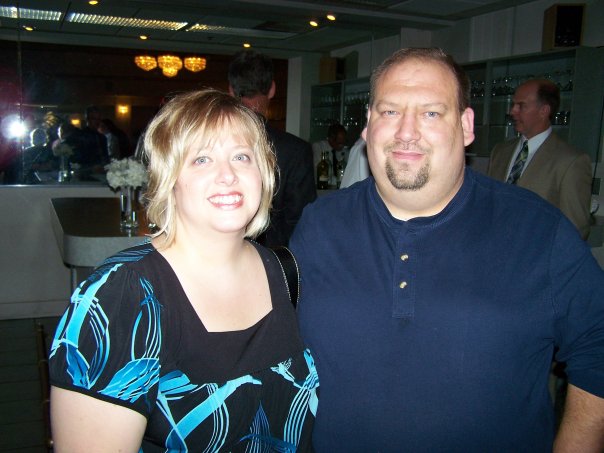The Hemp Connection:
infertility
Potential effect of in-vitro fertilization on overall/long term health

Got PCOS and infertile? Watch out metformin, myoinositol is gaining notice!

HMO's and Insurance Companies…Who's In YOUR Wallet?
PCOS may not mean the end of your fertility!
What to expect from a fertility consultation

Time to talk about the octuplets

Six Key Steps for Dealing with the Frustration of Infertility

Are you vegetarian with PCOS? Take note of this important potential deficiency

Are you depressed because of your weight? Or are you depressed because you're depressed?

Don't forget--it's not just about ovaries!

Marie Mariano, you're a light in the darkness of PCOS: )

Next on Blogtalkradio: Marie Mariano, RD, LDN, CDE: Cyster, inCYSTer, PCOS Activist
I am choosing to view this study as an illustration of why inCYST needs to exist…otherwise, I'd be way too crabby

Think outside of the ultrasound!

New Infertility Program Puts Mother Nature Back Into The Equation
The Hemp Connection

OK, now that you're pregnant, let's think ahead a little bit!
Reminder: Low season rates for our Full Moon Couples Infertility Getaways are coming to a close

Food of the week: Algae (huh?!?!?)

Baby Number 9!

